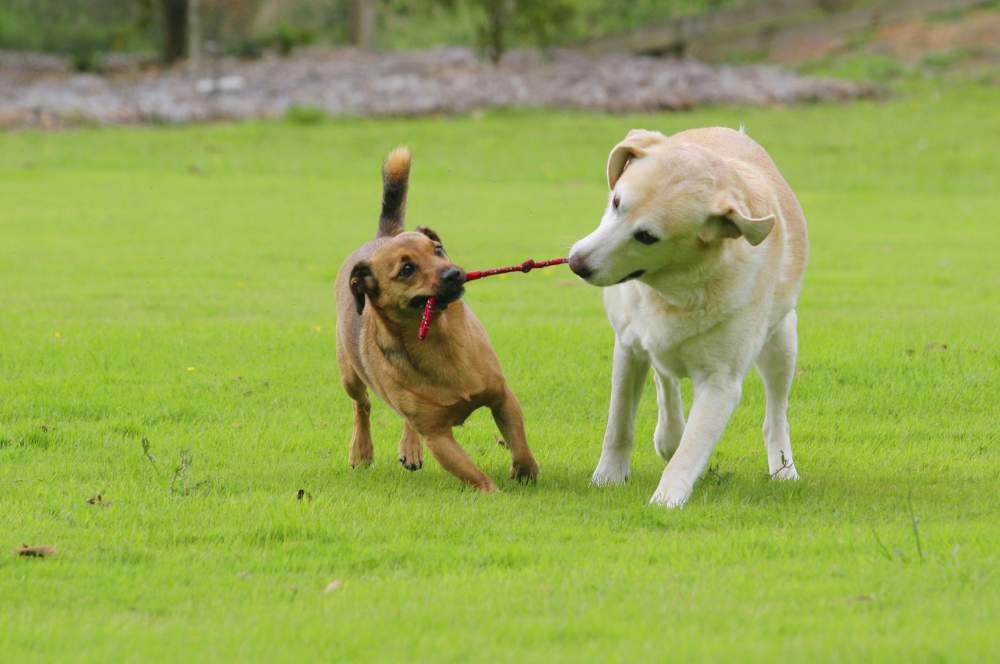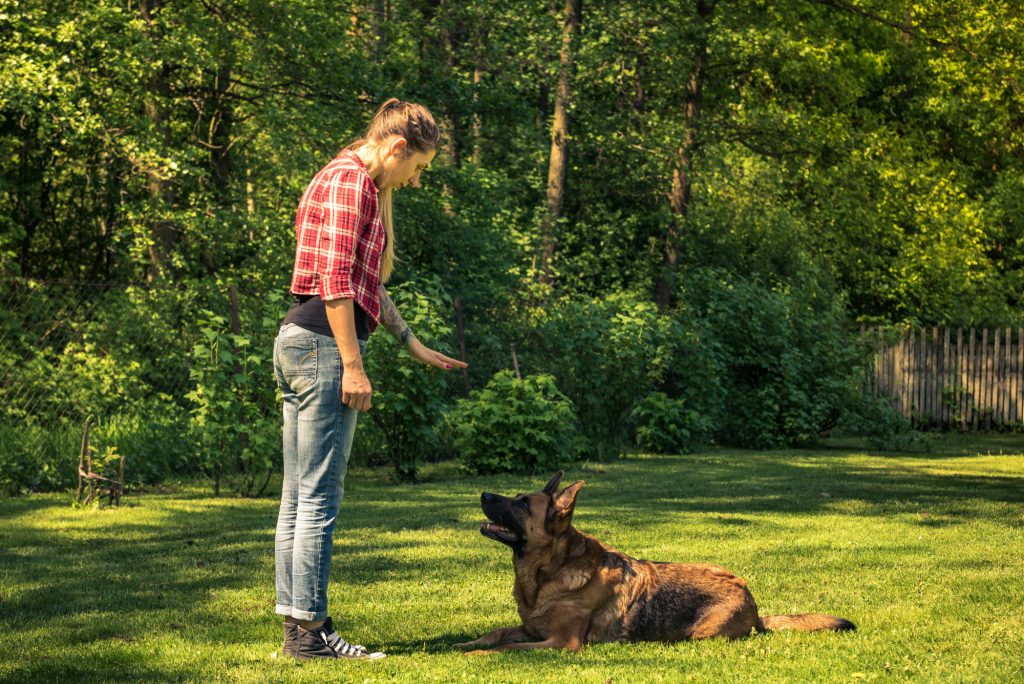
[ad_1]
In a world where dogs are cherished companions, the issue of dog bites remains a concern. According to the Centers for Disease Control and Prevention, nearly 4.5 million people are bitten by dogs each year in the United States alone. However, a crucial aspect of mitigating this problem lies in proactive measures, particularly in the form of socialization.
This article explores the significant impact of socialization on dog bite prevention, shedding light on the importance of early, positive experiences for our furry friends.
Understanding Dog Socialization
Socialization is the process through which dogs learn to interact with people, other animals, environments, and various stimuli. It is a critical aspect of a dog’s upbringing, influencing their behavior and responses throughout their lives.
Proper socialization involves exposing dogs to diverse situations in a positive and controlled manner, helping them develop confidence, adaptability, and good manners.
Early Socialization and Its Influence
The key to effective dog bite prevention lies in starting socialization early in a dog’s life. Puppies, especially between the ages of 3 to 14 weeks, undergo a critical period of social development. During this time, they are more receptive to new experiences, making it an ideal window for positive socialization.
Puppies exposed to a variety of people, environments, and other animals during this critical period are more likely to grow into well-adjusted adults.
Positive Exposure to People
Dogs that have positive interactions with people during their early socialization are less likely to exhibit aggressive behaviors later in life. Exposing puppies to individuals of different ages, genders, and ethnicities helps them learn that humans are not a threat.
Socialization also aids in developing proper greeting behaviors, reducing the likelihood of fearful or aggressive responses. It’s important to stress that if your dog does start to show signs of aggressive behavior, it could have legal ramifications. Positive exposure to people, and thus avoidance of possible personal injury lawsuits, is especially important.
Interaction with Other Dogs
Allowing puppies to interact with other dogs in controlled environments is crucial for developing appropriate social skills. Dogs that are well-socialized with their canine counterparts tend to exhibit better communication, reduced fear, and improved conflict resolution abilities. This, in turn, contributes to a lower risk of aggressive behaviors that may lead to dog bites.

Environmental Exposure
Socialization is not limited to interactions with people and other animals; it also includes exposure to various environments and stimuli. Dogs that are accustomed to different settings, sounds, and objects are less likely to feel threatened or stressed in new situations. This adaptability can prevent fearful reactions that may escalate into aggressive behaviors.
The Role of Responsible Ownership
While early socialization lays a foundation for a well-rounded dog, responsible ownership is equally crucial for effective dog bite prevention. Owners play a pivotal role in continuing the socialization process throughout a dog’s life. Regular exposure to new experiences, continued positive reinforcement, and consistent training contribute to a dog’s overall behavior and temperament.
Training and Obedience
Training sessions focused on obedience and commands not only enhance a dog’s behavior but also strengthen the bond between the owner and the pet. A well-trained dog is more likely to respond to commands, reducing the risk of unpredictable or undesirable behaviors that could lead to a bite. Consistent, positive reinforcement during training instills good behavior patterns.

Signs of Aggression and Stress
Understanding the signs of aggression and stress in dogs is essential for bite prevention. Owners should be attentive to cues such as growling, baring teeth, stiff body language, and avoidance. Recognizing these signs allows owners to intervene appropriately, preventing potential conflicts.
The impact of socialization on dog bite prevention cannot be overstated. Early and positive experiences shape a dog’s behavior, fostering well-adjusted individuals capable of navigating various social situations. Responsible ownership and ongoing training further strengthen the foundation for a safer coexistence between humans and their canine companions. By investing time and effort into socialization, we not only reduce the risk of dog bites but also enhance the overall well-being of our four-legged friends.
[ad_2]







